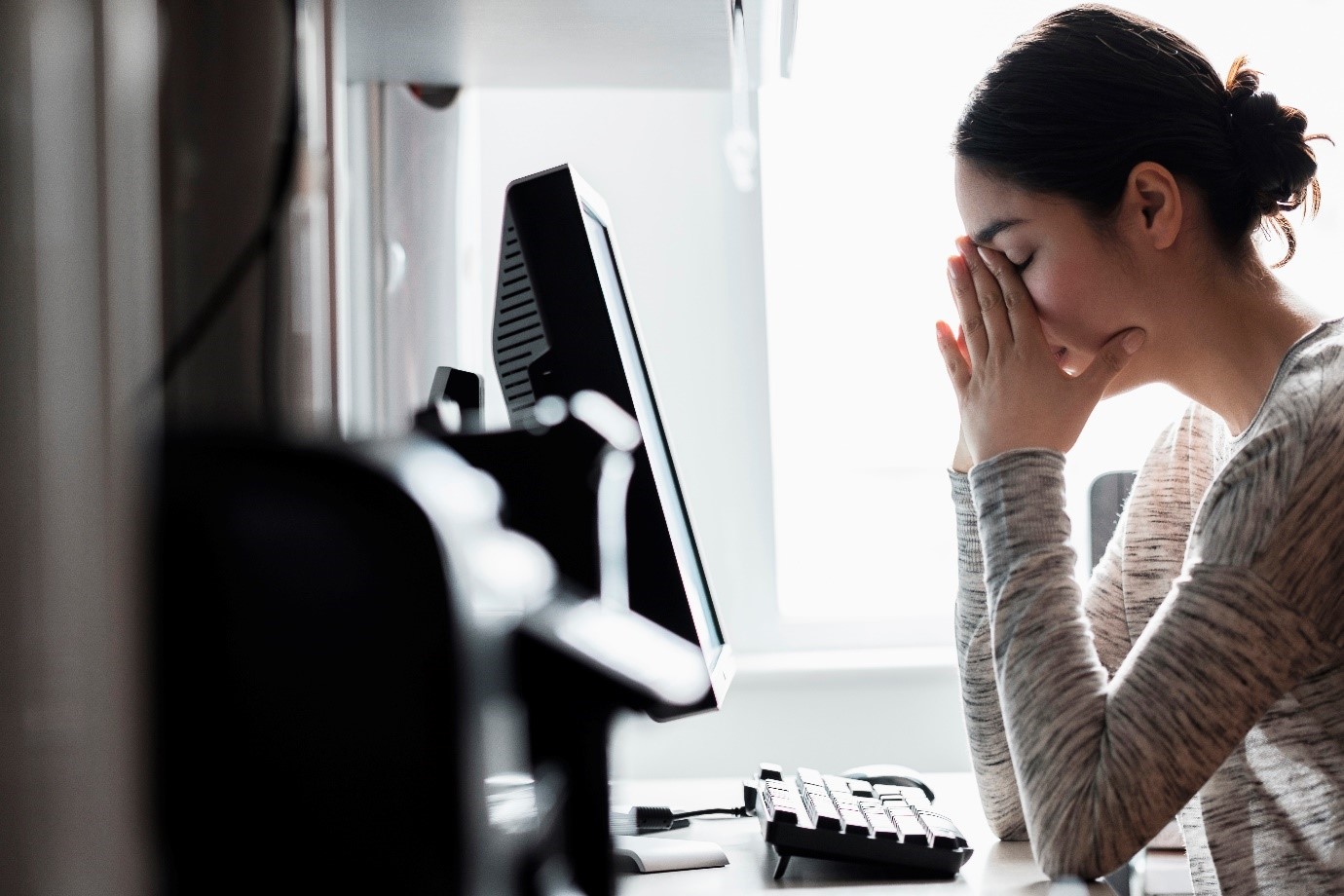Home / Looking after your mental health and wellbeing during self-isolation
Insights
Being asked to stay at home away from others and worrying about the impact of the virus might feel difficult or stressful; but there are lots of things you can try that could help your wellbeing:
- Stay connected; Keep in touch digitally as much as possible – via video chat, email, phone calls, instant messages and texts. Listening to a chatty radio station or podcast if your home feels too quiet can also help.
- Plan your time; It might help to write a plan for your new working schedule down on paper and put it on the wall whilst you adjust. Try to follow your ordinary routine as much as possible. Get up at the same time as normal, follow your usual morning routines, and go to bed at your usual time. Set alarms to remind you of your new schedule if that helps.
- Set up for desk success: Organising your work space can help you keep more active.
- 1. Make sure your back, knees and hips are supported by your chair by adjusting the height so that your hips and knees are at a 90-degree angle. If your chair has arm rests, make sure they support your elbows and forearms in their natural bent position.
- 2. Ensure the height of your computer is level with your eyes so as not to place strain on your neck and shoulders from looking down. Your desk should be well lit, too, so your eyes don’t get tired.
- 3. Making some simple tweaks to your work space can have huge benefits to your physical health and help you to feel more comfortable during your day.
- Get dressed: For some people, the prospect of staying in their pyjamas all day is the most tantalising aspect of working from home. But washing and getting dressed will not only improve your state of mind, it will psychologically prepare you to start work.
- Sleep and routine: It is important that when you experience several changes in your working environment, that routine is maintained where you can. One good way of doing this is to ensure that your bedtime and wake up are maintained the same as they would be if you were commuting to the office. Think of all the extra time you will have to do household chores in the morning!
- Eat well; Your appetite might change if your routine changes, or if you’re less active than you usually are. Eating regularly and keeping your blood sugar stable can help your mood and energy levels Your diet plays a very big part in your mood and ability to engage with tasks. Where you can, try and make healthy food choices.
- Stay hydrated; Drinking enough water is important for both your mental and physical health. Changing your routine might affect when you drink or what fluids you drink so it could help to set an alarm or use an app to remind you. In the UK, the Eatwell Guide suggests you should aim for 6-8 glasses of water and other liquids each day to replace normal water loss – around 1.2 to 1.5 litters. Water, lower fat milk and sugar-free drinks, including tea and coffee, all count.
- Keep your environment clean and tidy; Cleaning your house, doing laundry and washing yourself are important ways to help stop germs spreading. Our surroundings, especially our homes, have a huge impact on how we feel and perform throughout the day. If your house is cluttered, it won’t be long until your mind is cluttered too.
- Try and stay active; Build physical activity into your daily routine, if possible. Most of us don’t have exercise equipment like treadmills where we live, but there are still activities you can do. Exercising at home can be simple and there are options for most ages and abilities, such as:
- 1. Cleaning your home
- 2. Dancing to music
- 3. Going up and down stairs
- 4. Seated exercises
- 5. Online exercise workouts that you can follow
- 6. Sitting less – if you notice you’ve been sitting down for an hour, just getting up or changing position can help
Links to other helpful resources:
- 1. Desk Yoga: https://www.top10homeremedies.com/news-facts/effective-yoga-poses-can-desk-office.html
- 2. Joe Wicks becomes the nation’s PE teacher: 9am, Monday – Friday on his Youtube channel: https://www.youtube.com/channel/UCAxW1XT0iEJo0TYlRfn6rYQ
- Get some sunlight and fresh air; Spending time in green space or bringing nature into your everyday life can benefit both your mental and physical wellbeing. It can improve your mood, reduce feelings of stress or anger, and make you feel more relaxed. It’s possible to still get these positive effects from nature while staying indoors at home. A different perspective will also help undo mental blocks and give you a fresh pair of eyes for any tasks you're struggling with.
- 1. You could try the following
- 2. Spend time with the windows open to let in fresh air
- 3. Have flowers or potted plants in your home
- 4. Set up your working space near a window
- 5. Listen to natural sounds, like recordings or apps that play birdsong, ocean waves or rainfall
- 6. Get as much natural light as you can
- 7. Spend time in your garden if you have one, or open your door and sit on the doorstep
- Take care with news and information; Stay connected with current events, but be careful where you get news and health information from. If news stories or social media posts make you feel anxious or confused, think about switching off or limiting what you look at for a while.
Checklist: are you mentally prepared to stay at home?
- Food: Do you have a way to get food delivered or have what you need?
- Cleaning: Are your cleaning supplies stocked up?
- Money: You save money from lower transport costs that you could spend elsewhere?
- Medication: Do you have enough medication, or a way to get more if they are needed?
- Commitments: Can someone else help you care for any dependents, walk your dog, or take care of any other commitments?
- Connectivity: Have you checked the contact details of the people you see regularly, like their phone numbers or email addresses?
- Routine: Should you create a household schedule? Do you need to agree how the household will run with everyone at home all day?
- Exercise: Is there any physical activity you can do inside your home?
- Nature: Have you thought how you could access nature for some fresh air?
- Entertainment: Have you thought about things to do, books to read, podcasts to listen to or TV shows to watch?
- Relax: Have you got materials so you can do something creative, such as paper and colouring pencils?






